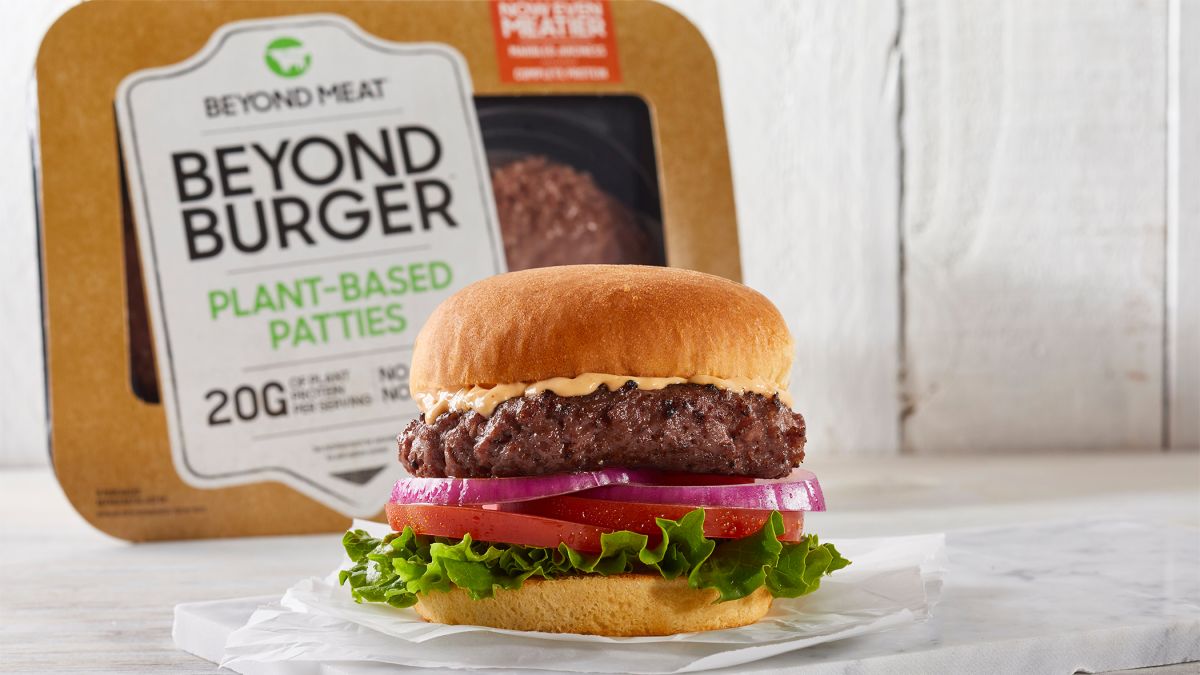With recent trends in sustainable consumption and healthy living, one product that has been garnering much attention in the media and the stock market are plant-based meat companies. These companies have had crazy IPOs (initial public offerings) and have been highly overvalued as they are seen as the future to sustainable living. The problem that these plant based meats are proposing to solve is sustainable consumption. When taken in aggregate, meaning if you take into account the emissions needed to raise, transport, and process traditional livestock, the meat industry actually produces more carbon emissions than the transportation sector combined.
The key issue that The Very Good Food Company addresses is sustainable food sourcing. Plant based meats increases the sustainability of the planet by reducing consumption emissions and our dependency for traditional meat sources on land and below water (UN SDG’s 12, 13, 14, 15). Meat production can be carbon emissions intensive with raising livestock, transportation emissions, final packaging, and processing. In fact, household consumption of food has been found to emit more than the transportation industry combined due to the indirect emissions of transporting and raising livestock, thus creating additional externalities and costs. According to Our World In Data on average, raising and producing 100 grams of beef protein yields 25 kilograms of carbon dioxide equivalents, while a similar comparison of protein from beans generates 0.65 kilograms of emissions.

Source: CNN
By offering plant-based meat alternatives, companies like Beyond Meat, Impossible Foods, and The Very Good Food Company are trying to decrease consumption of said meat products with alternatives that are bean, tofu, or even corn based. However, one caveat is that these alternative meats can sometimes be very unhealthy. In order to replicate the taste of meat, these companies have created heavily processed production cycles that have add intense amounts of sugars, and sodium. So, the question is, are these meat-alternatives as healthy as they claim to be?